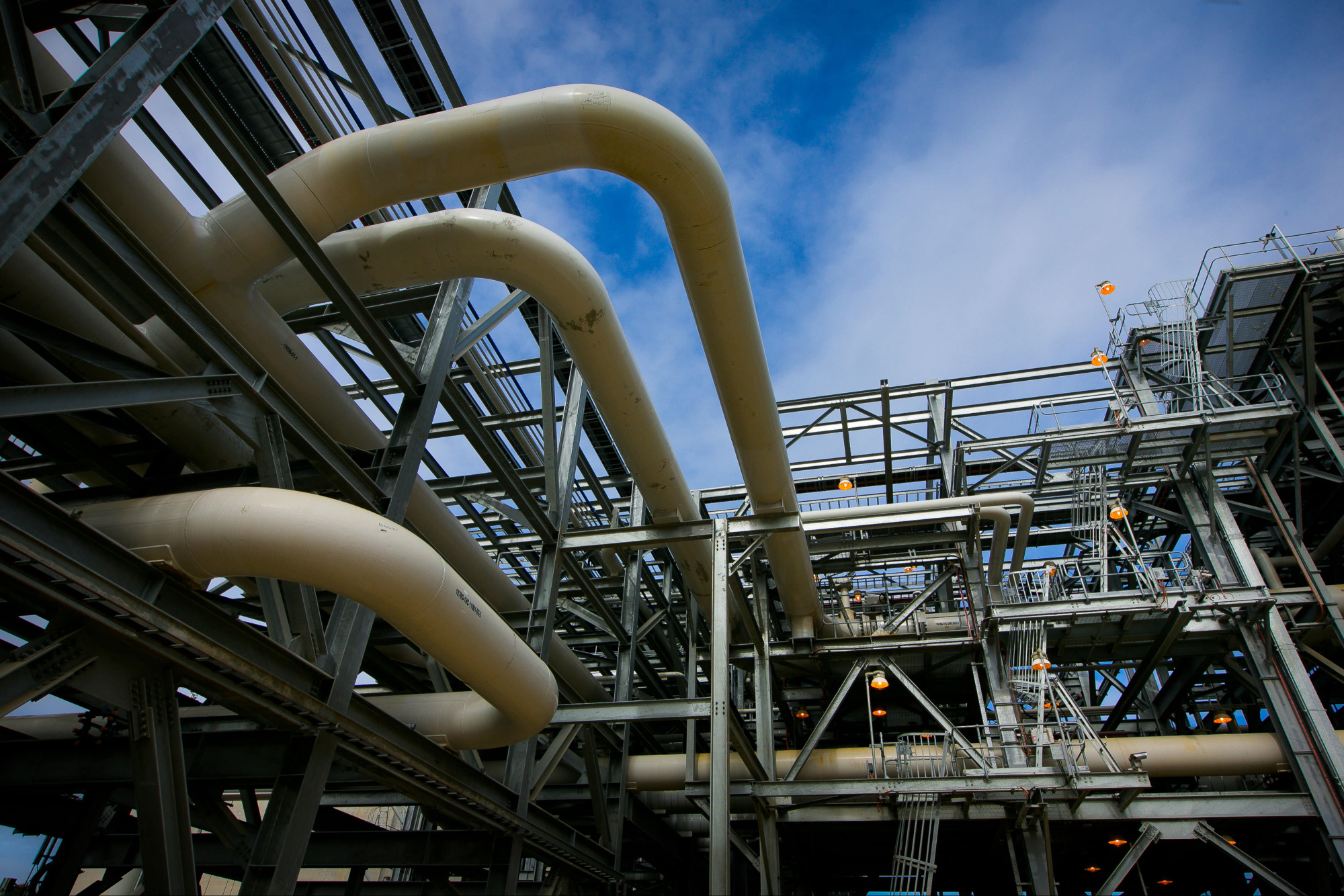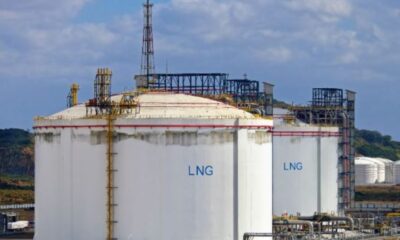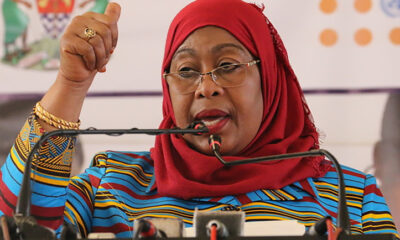Tanzania’s much-awaited, multimillion-dollar liquefied natural gas project is facing impending investor withdrawals from the United States, if delays caused by negotiating technicalities persist, the country has warned.
Companies like Exxon Mobil, who have been pushing the deal with Tanzanian authorities, have reached a point where they are now “willing to walk away,” US Deputy Assistant Secretary of State Joy Basu told journalists.
Basu, whose portfolio in the Joe Biden administration includes overseeing economic and regional affairs in Sub-Saharan Africa cautioned that “there is LNG in lots of places around the world now, and for Tanzania the window for this particular investment is closing fast. Such windows do not remain open forever.”
In meetings with Tanzanian government officials during the week to monitor the development of a US-Tanzania commercial dialogue that was initiated in October of last year, she stated that the project’s status was a top priority.
One of many international companies involved in the LNG project in southern Tanzania is Exxon Mobil, headquartered in Houston, Texas. The project’s estimated cost increased from $30 billion in 2014 to $42 billion by the previous year.
The project’s other partners include the state-owned Tanzania Petroleum Development Corporation, Exxon Mobil, Pavilion Energy (Singapore), Medco Energi (Indonesia), and Britain’s Shell and Norway’s Equinor, which have been designated as joint main operators.
She said that the project’s status was a major priority during meetings with Tanzanian government representatives this week to track the progress of a US-Tanzania commercial dialogue that was started in October of last year.
In order to expedite the development of its natural resources, the government intends to work with China’s Cnooc Ltd. to jointly explore for oil and gas in two offshore blocks that are owned by Tanzania Petroleum Development Corp., a state-owned company.
Since a downturn in 2020 when it 57.1 billion cubic feet of natural gas, a decline from 63.8 billion cubic feet the year before, the continent’s search for hydrocarbons has increased gradually as European countries look to diversify their energy sources and reduce their reliance on Russian gas.
Apart from the established main gas producing countries like Nigeria, Algeria, and Egypt, other African nations like Tanzania have been rising as potential players in the natural gas industry.


 Metro1 day ago
Metro1 day ago
 Musings From Abroad1 day ago
Musings From Abroad1 day ago
 Metro1 day ago
Metro1 day ago
 Sports1 day ago
Sports1 day ago





























